What a week to be writing about this subject.
Roe v Wade overturned, ending the almost half-century precedent that guaranteed American women and girls the constitutional right to an abortion. Here in the UK, we are observing events in the US with horror. But, what’s the true situation in this country with abortion access?
Issues with abortion care in the UK may be less obvious, but they still exist. Practical difficulties with access currently have a major impact on the lives of women in Scotland as well as in Northern Ireland, where no abortion services have been implemented at all, despite being decriminalised in 2019.
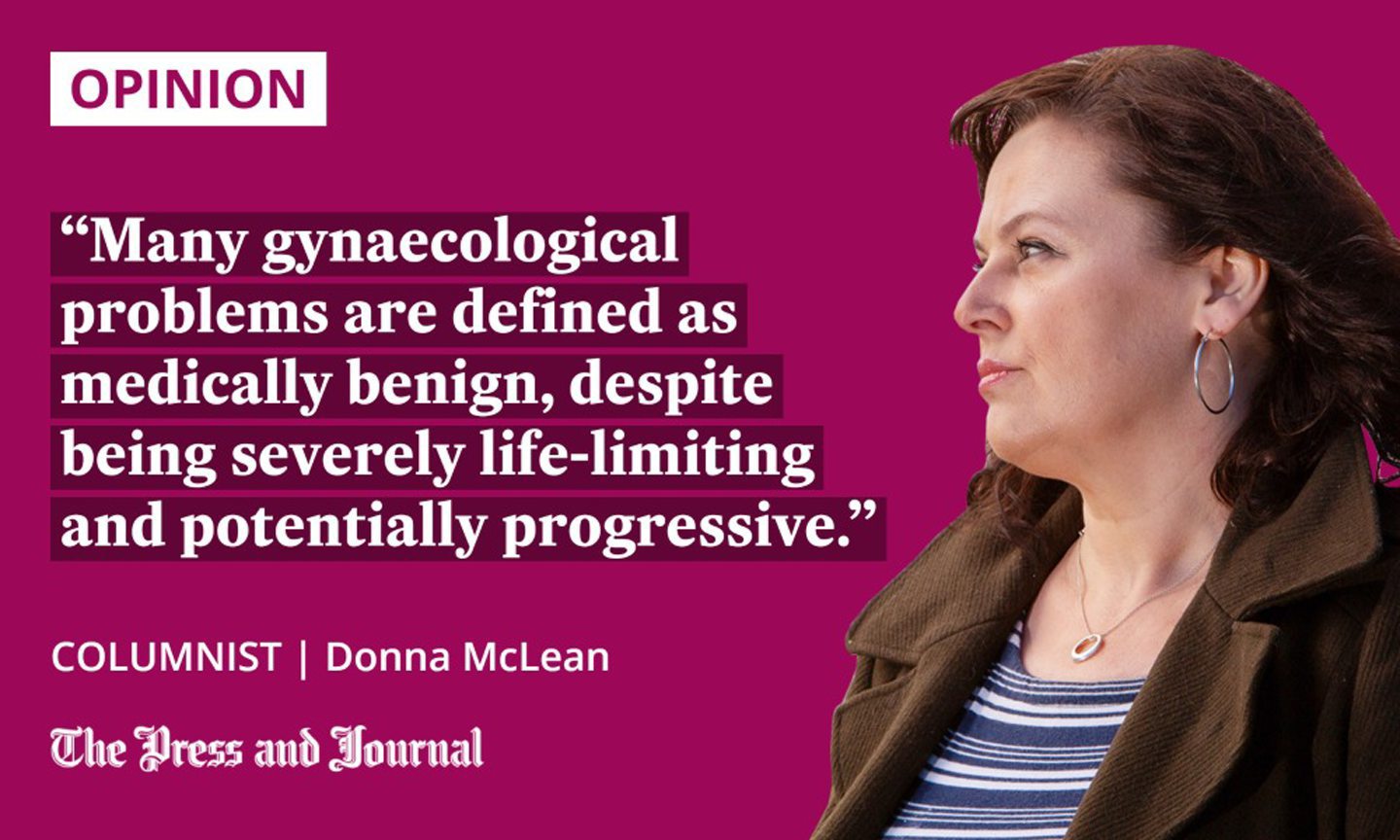
I was shocked to discover that there is still a regular need for women to travel from Scotland to England for second-trimester abortions, since no health board in Scotland provides abortion care up to the current legal limit of 24 weeks. In Fife, for example, the limit is 15 weeks plus five days, significantly below the legal threshold.
Almost 200 Scottish people have been referred by their doctors to travel to England for an abortion since 2019. Some are having to travel as far as the south of England, an arduous and expensive journey.
Back in 2014, a government-commissioned report into Scottish women’s experiences of travelling to England for this kind of care was published. The findings were grim.
Women reported to these government-funded researchers that they were forced to borrow money to travel, were unable to travel because of childcare issues, and had to take time off work without sick pay. It’s now 2022 and absolutely nothing has changed.
The fight for ‘buffer zones’
None of this is widely publicised, but was discovered by campaigner Lucy Grieve, who set up Back Off Scotland, while looking into buffer zones, the legally designated spaces around abortion clinics which are supposed to deter the anti-choice movement from harassing members of the public. Concerns have been raised after the regular intimidation of people attending the Sandyford clinic in Glasgow.
Everyone at today’s summit was in agreement – we need buffer zones. And we need to work together collaboratively to get there.
Thank you @NicolaSturgeon for your support and commitment on this. ❤️ pic.twitter.com/ZmdAlVgGVZ
— Back Off Scotland (@backoffscotland) June 27, 2022
Just this week, the matter was considered at an urgent summit convened by Nicola Sturgeon in Edinburgh, where she brought together representatives from the NHS, local government, the third sector, Police Scotland and campaigners. Earlier this month, Sturgeon backed the introduction of national legislation to introduce buffer zones outside clinics in Scotland.
However, the first minister acknowledged on Monday that it could take months to implement these changes, arguing that the immediate use of local by-laws to create buffer zones in Edinburgh and Glasgow offer the “best possible short-term solution”.
Gynaecological problems are being normalised and deprioritised
The Scottish Government has renewed its focus on the wider issue of women’s health, after a string of medical scandals disproportionately impacted on women, including many left with traumatic complications after vaginal mesh surgery.
One doctor told me to stop being a baby. I was ready to pass out by this point in proceedings
There is also the ongoing issue of how treatment is provided for debilitating conditions such as endometriosis, prolapse and heavy bleeding. Many gynaecological problems are defined as medically benign, despite being severely life-limiting and potentially progressive. This results in conditions being “normalised” and deprioritised for treatment.
The approach to menopause symptoms or heavy, painful bleeding can sometimes be dismissive. Menopause care is patchy and, recently, there has been a shortage of HRT across the country.
I recently had a Mirena coil fitted after four failed attempts. While I was lucky to get a sympathetic gynaecologist this time around, previous tries at fitting the IUD were painful and undignified.
One doctor told me to stop being a baby. I was ready to pass out by this point in proceedings. Another time, the nurse told me I have a difficult cervix. The lovely gynaecologist said it wasn’t difficult, just being a bit of a drama queen.
A few years ago, I ended up in A&E with severe chest pain and breathing difficulties. I was told that it was anxiety and that my bra was too tight. It turns out I had pleurisy, caused by lupus, an autoimmune condition. Women tolerate a lot of pain, but that does not make it OK.
It’s time to champion women’s health
In 2020, following a review of the vaginal mesh scandal, hormonal pregnancy tests and an anti-epilepsy medicine that harmed unborn babies, Lady Julia Cumberlege spoke of an “arrogant culture” within healthcare, in which serious medical conditions were often dismissed as “women’s problems”. She strongly recommended that each jurisdiction within the UK appoint a women’s health commissioner as a matter of urgency.
Following pressure from campaigners, Nicola Sturgeon finally announced last week that she will appoint a women’s health champion this summer, although this was announced last August as a key priority.
Hopefully this dedicated role will lead to a greater focus on the treatment of women’s health issues, and the shame and silence that still surround gynaecological conditions will finally be addressed.
Donna McLean is originally from Ayrshire and is a mum of twins, writer and activist
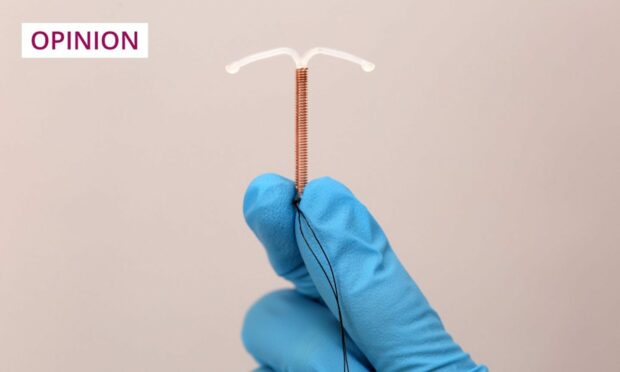
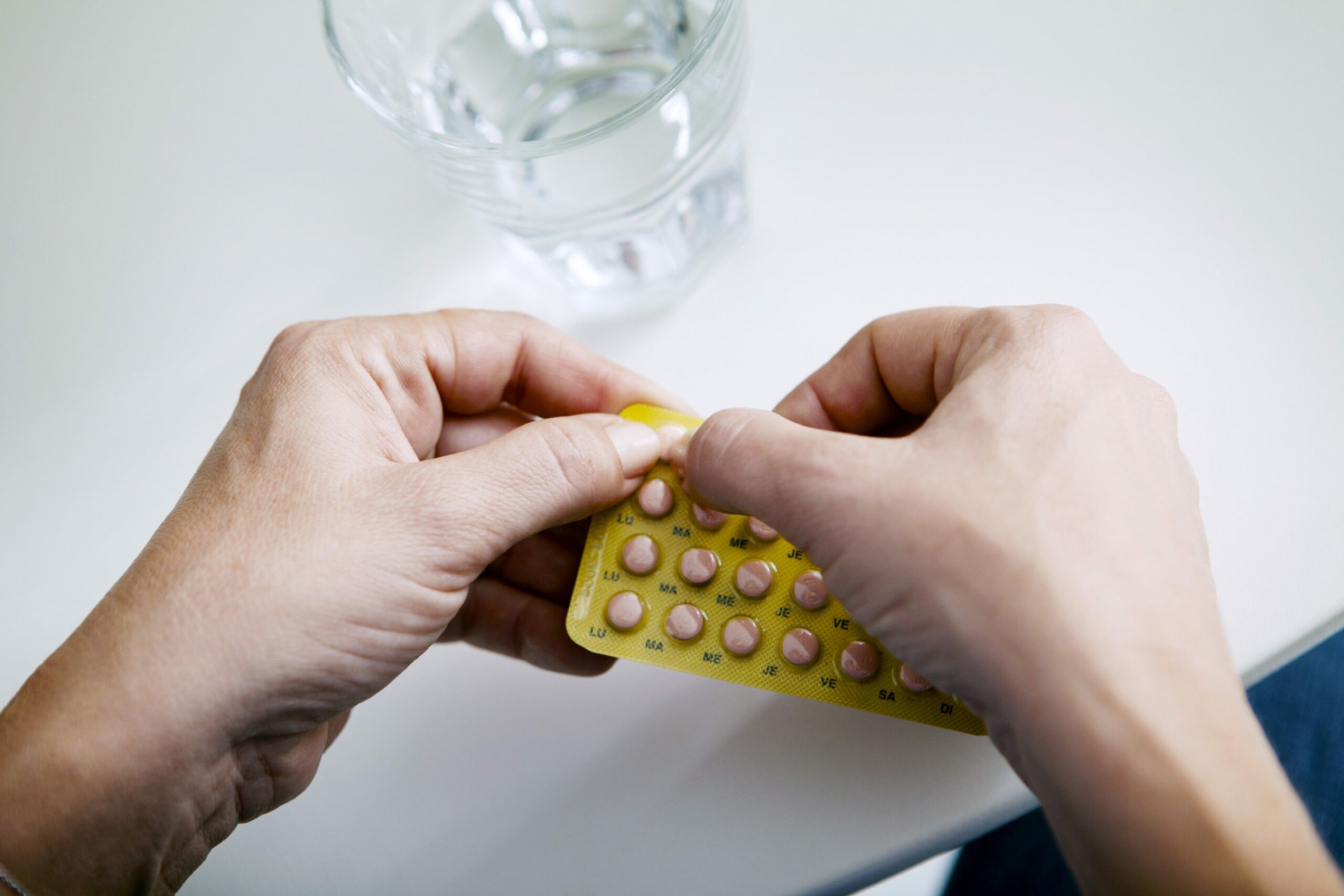

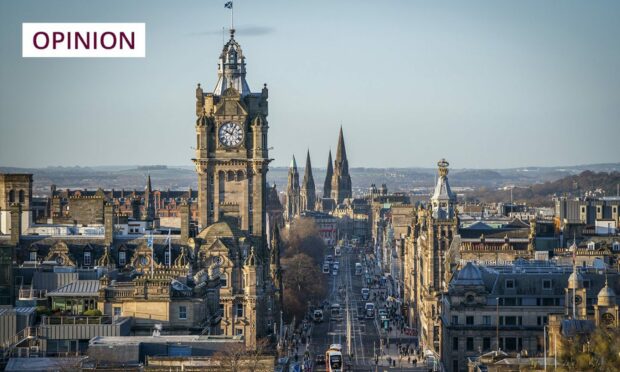
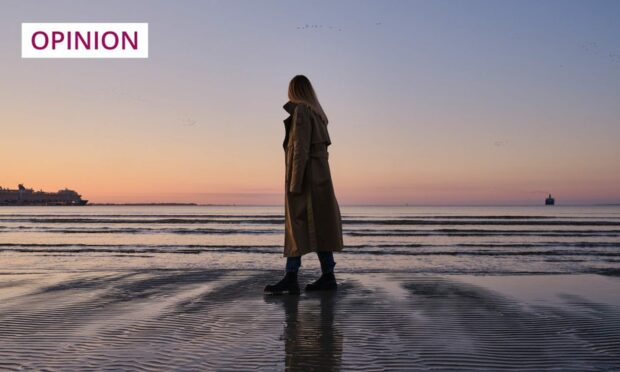
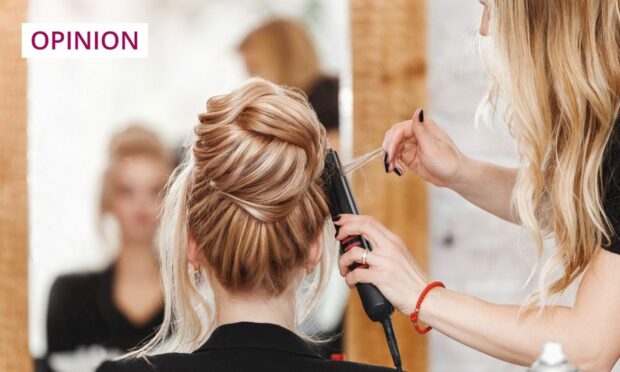
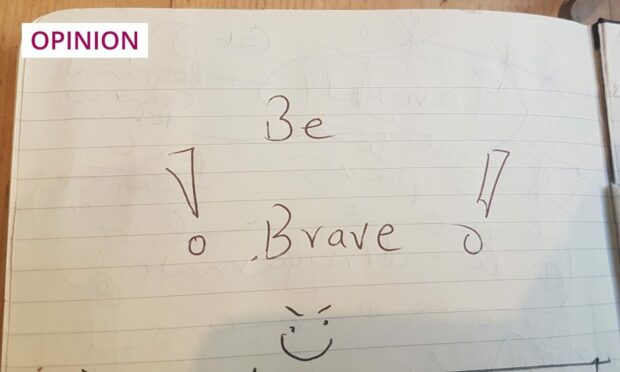











Conversation